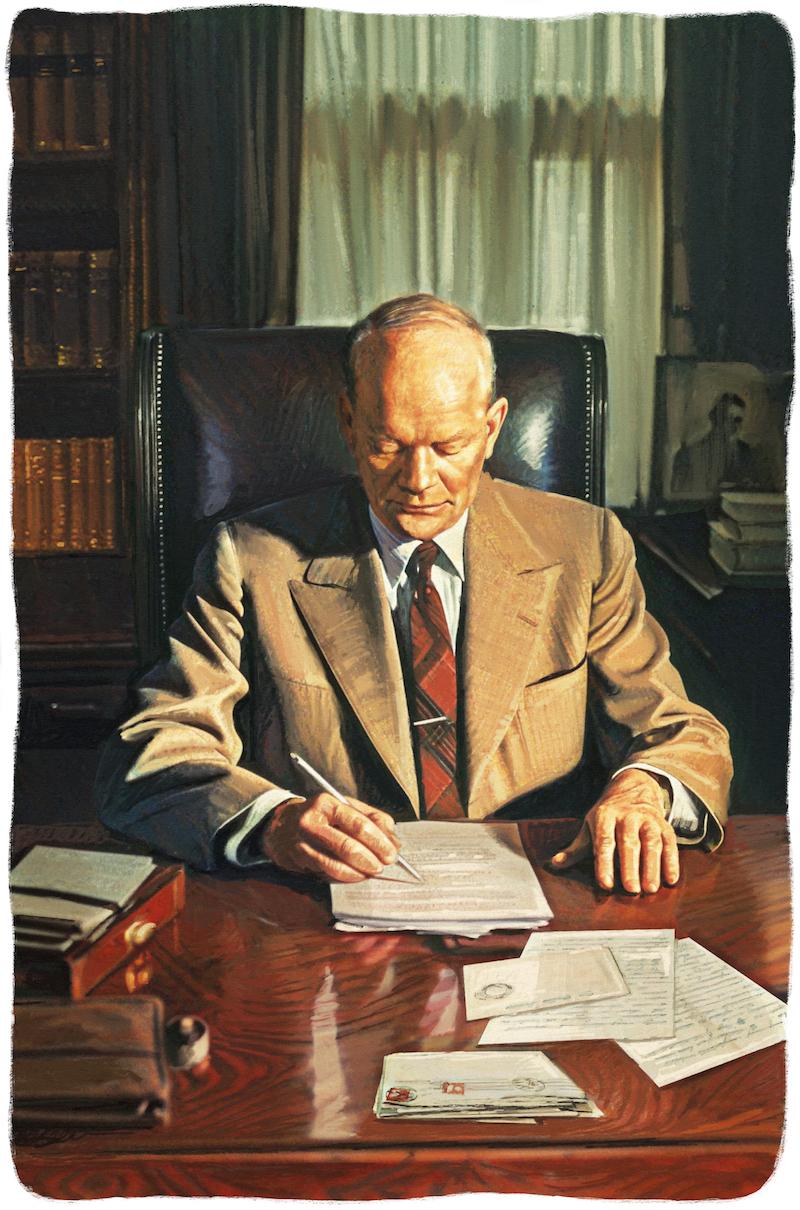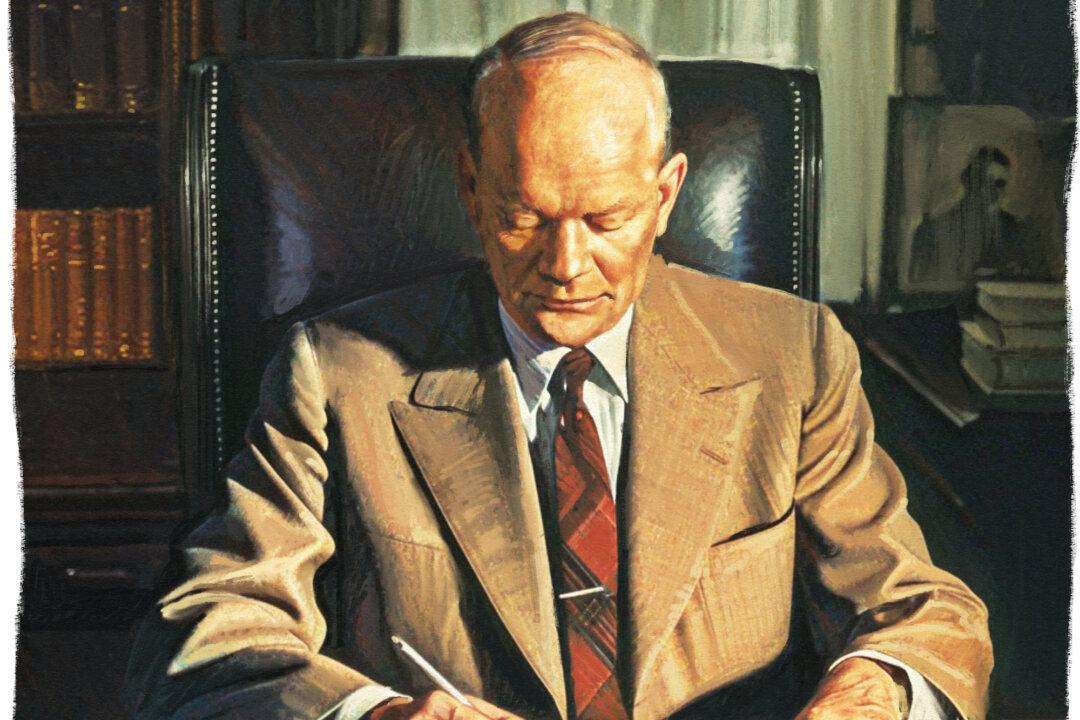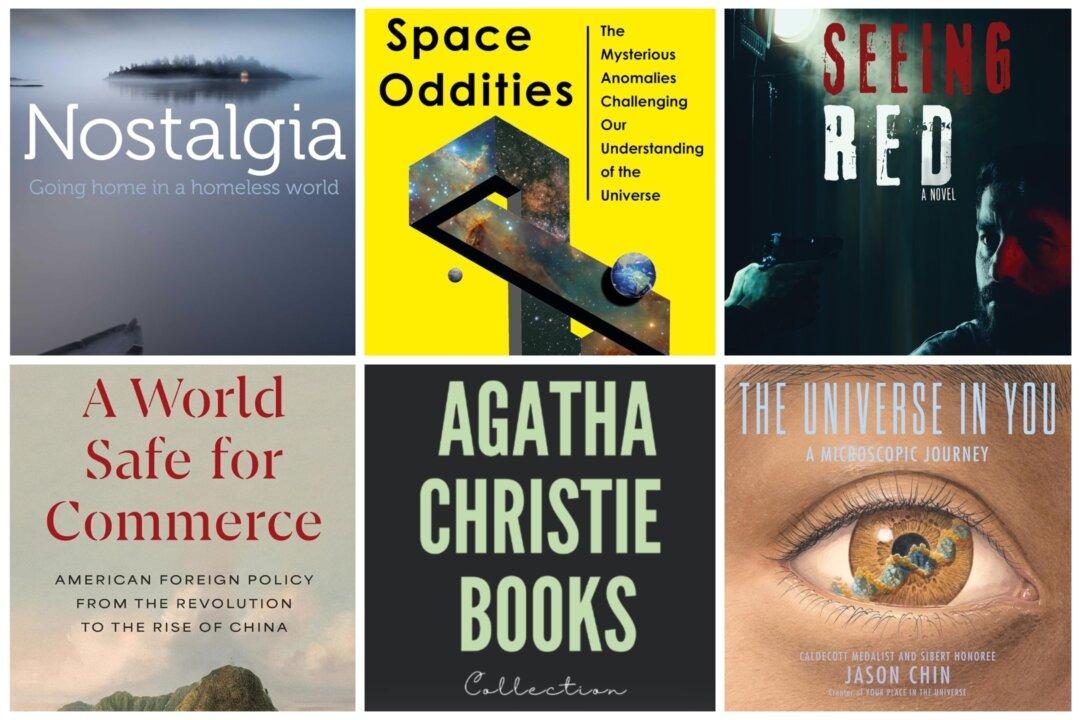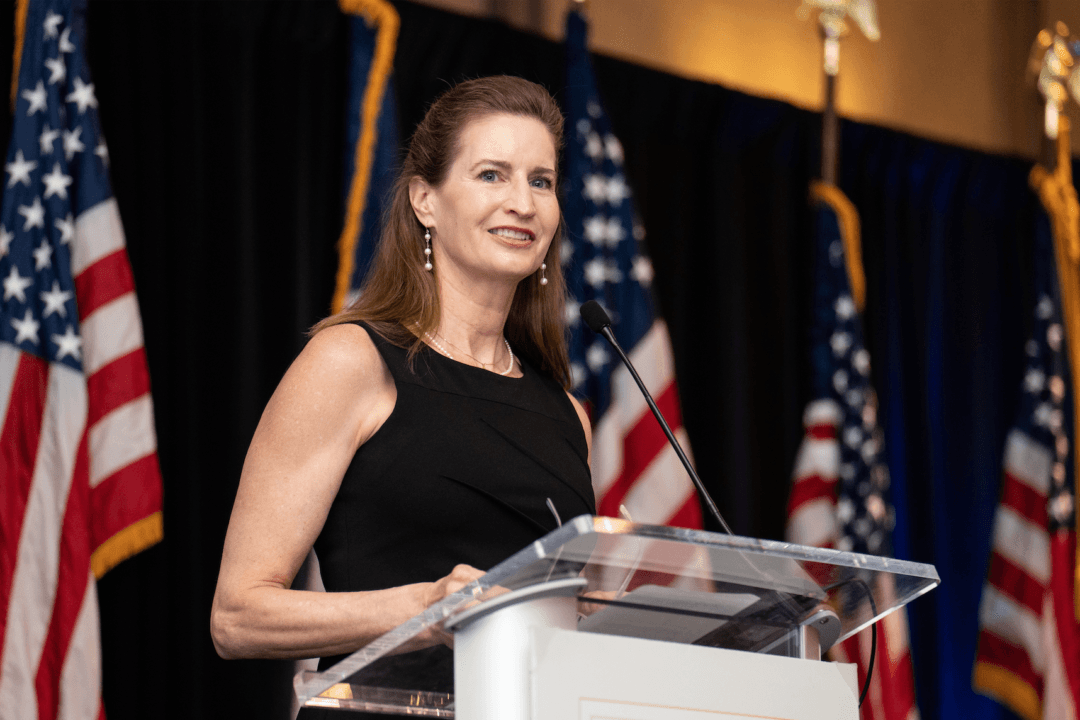Every once in a while, those who love books will stumble across some passage or new idea they’ve never heard of. As they’re drawn more deeply into the text, absorbing the words and sentences with growing excitement, these readers may, for a fleeting moment, feel the ecstasy of an explorer who has discovered some vine-swallowed temple in the heart of a jungle.

A Bit About the Man
Today, we remember Dwight David Eisenhower (1890–1969), nicknamed “Ike,” as one of the most influential generals in U.S. history and as the architect of the D-Day invasion in Normandy. From 1953 to 1961, he served two terms as president, ushering our country through the early stages of the Cold War, bringing the Korean War to a halt, introducing our interstate highway system, and riding the economic boom that followed World War II. Many also remember him for his farewell address from the Oval Office, when he warned against the potential dangers of a growing “military-industrial complex.”Red Flags for the Young and the Old
Eisenhower begins his open letter by relating that he receives many letters from young people asking: “Shall I keep on with school? Or shall I plunge right off into ‘life’?” He sets out immediately to make his case that “you should continue your schooling—if you can—right to the end of high school and right to the end of college.” He points out, as did many of his contemporaries, that “the business of living is far more complex” than it was in his boyhood.A bit later, Eisenhower reinforces this view when he writes of the dangers of allowing the government “to take over a question that properly belongs to us.” The core of Americanism, he contends, is “individual liberty founded on individual responsibility, equality before the law, and a system of private enterprise that aims at reward according to merit.” He adds that time in school will help the young “apply these truths to the business of living in a free democracy.”
Yet we have allowed the government, corporations, and particularly our schools to teach the reverse of these ideas, creating a culture of victimhood that belies responsibility, courts in which equality often goes missing, and businesses that practice “diversity, equity, and inclusion” rather than recognizing talent and merit.
What We Should Be Teaching
Eisenhower specifically mentions “a moving letter” he got from a young girl halfway through high school who feels like a failure in her studies but who writes, “I still think I could learn to be a good American.”Eisenhower reassures her that she will succeed in this ambition by staying in school. First, he briefly argues for what was once accepted as a given in education: that school “should train you in the two great basic tools of the mind: the use of words and the use of numbers.” Like millions of other older Americans, I grew up in a time when reading, writing, and math were the first causes of education. No one other than a few radical theorists would have argued otherwise.
Today, that concept has been dethroned. Instead, many of our schools push social and cultural change as their primary goals.
Let’s Listen to Ike
In his “Open Letter,” Eisenhower sets admirable and traditional goals for American education. To read and write, to cipher, and to know the basic history of our republic should be the point of elementary and secondary school learning. Readers who have children and grandchildren and who also know of the ongoing and widespread failures of so many schools, particularly in our larger cities, are right to view the future of their young people with trepidation.We can’t go back to the days of 1948, nor should we wish to do so, but Eisenhower’s thoughts on education and its importance for our national health are as applicable today as they were 75 years ago. In urging the young to get an education and to “try to learn the ‘why’” of their country, he reminds them and us that “to assure each citizen his unalienable right to life, liberty and the pursuit of happiness was the ‘why’ behind the establishment of this Republic and is today the ‘why’ for its continued existence.”
That’s the goal.








